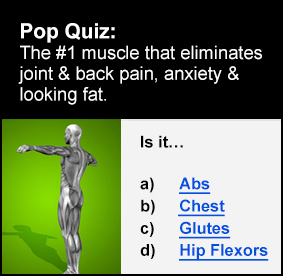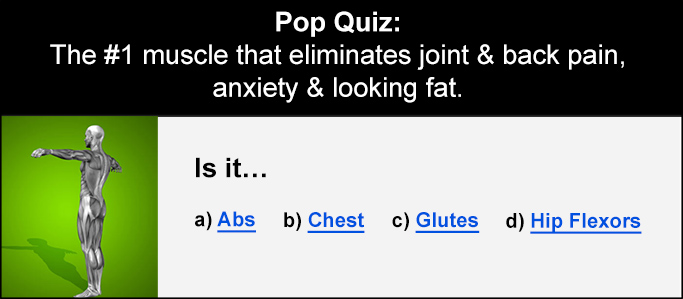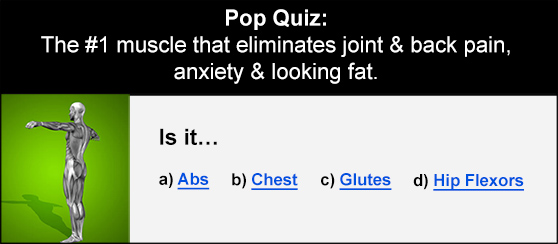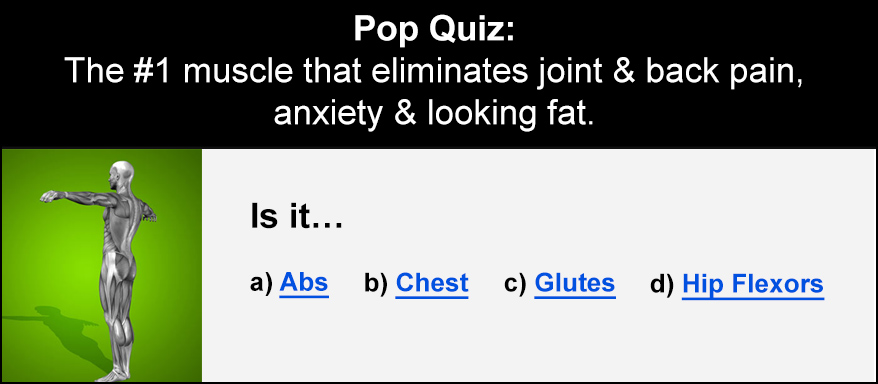Eyes on the Prize: The Importance of Tracking Food Consumption
In the realm of diet and lifestyle, enjoyment should be paramount. Diets need not impose severe restrictions unless one voluntarily opts for them, is in a competitive scenario like a beauty contest, or has medical requirements. The focus should be on healthy choices, gradual weight management, and sustainable habits for everyday living. Herein lies the significance of tracking food—it becomes a management tool, enabling individuals to gauge their food intake and make informed decisions.
What Food Tracking Is About
From the name itself, food tracking is about increased awareness of dietary habits to help facilitate health and fitness goals, enhanced accountability, and support for medical and dietary requirements. Food tracking encompasses various methods, including traditional pen-and-paper approaches or the use of mobile applications. These methods offer different levels of convenience and precision, allowing individuals to choose what best suits their lifestyle and preferences.
A. Pen and Paper Approach

The traditional food tracking method manually records dietary intake using pen and paper in a journal or diary. Despite the emergence of digital alternatives, this approach remains viable and offers unique benefits. Moreover, individuals create a tangible record that promotes a sense of ownership and accountability over their dietary habits by physically writing down meals. This method allows for customization, enabling users to note specific details such as portion sizes, ingredients, meal times, and even emotions or circumstances surrounding eating habits.
While it may be more time-consuming and prone to loss than digital methods, the pen-and-paper approach appeals to those who prefer disconnecting from screens or having limited technology access. Moreover, writing down meals fosters self-reflection and mindfulness, aiding individuals in becoming more aware of patterns, triggers for overeating, and areas for improvement in their diet.
B. Mobile Application

In contrast, mobile applications have revolutionized food tracking, offering unmatched convenience, versatility, and real-time data analysis. These apps, easily accessible on smartphones, have become essential tools for individuals monitoring their dietary intake. They offer many features to simplify the tracking process and enhance the user experience. The primary advantage of mobile apps lies in their convenience, allowing users to log meals anytime, anywhere, with just a few taps. They integrate extensive databases of food items, complete with nutritional information and portion sizes, streamlining the process of recording meals. This not only saves time but also enhances accuracy in food logging.
Moreover, mobile apps empower users to set personalized goals for calorie intake, macronutrient distribution, weight loss, or fitness objectives. The app tracks and visualizes these goals, providing valuable feedback and motivation for healthy eating habits. Overall, mobile applications offer a user-friendly and feature-rich solution for food tracking, catering to the needs and preferences of individuals striving to maintain a healthy lifestyle.
Importance of Tracking Food Intake

1 . Awareness of Dietary Habits
Tracking food intake enhances awareness of dietary habits by enabling individuals to recognize patterns, identify problem areas, and make necessary adjustments to their diet. This heightened awareness lays the foundation for developing healthier eating habits and achieving long-term wellness goals.
2. Achieving Health and Fitness Goals
Food tracking is instrumental in supporting individuals’ efforts to achieve health and fitness goals by providing valuable insights into calorie intake, macronutrient balance, and how dietary decisions affect energy levels and performance. Aligning food consumption with specific goals allows for targeted adjustments, leading to sustainable improvements in health and wellness.
3. Enhancing Accountability and Motivation
Food tracking enhances accountability and motivation by creating transparency and awareness of dietary choices. Moreover, individuals hold themselves accountable for their eating habits and receive support and encouragement from social networks, fostering consistency and commitment to healthy behaviors.
4 . Supporting Medical and Dietary Requirements
Food tracking is essential for individuals with medical conditions or dietary restrictions, allowing for effective management of health conditions and adherence to prescribed diets. Accurate and consistent tracking enables individuals to monitor progress, recognize triggers, and make informed decisions about dietary management, ultimately empowering them to take control of their health and well-being.
Crucial Food Tracking Tips

1. Have More Discipline in Tracking
Maintaining discipline in tracking food intake is essential for achieving desired health and wellness outcomes. Consistency is key, as sporadic or incomplete tracking can undermine efforts to improve dietary habits and hinder progress toward health goals. Regardless of how challenging or discouraging it may seem, adhering to a routine of logging meals diligently is crucial for accurately assessing nutritional intake and identifying areas for improvement.
While it may be tempting to overlook slip-ups or deviations from a healthy eating plan, acknowledging and recording these instances honestly is vital for understanding patterns and making necessary adjustments. By exercising discipline in food tracking, individuals can gain greater control over their dietary habits and set themselves up for success in their wellness journey.
2. Track and Take Note of Everything
Attention to detail is paramount when it comes to tracking food intake, as even seemingly insignificant snacks can contribute to overall calorie intake and impact weight management efforts. Every bite, sip, or nibble should be accounted for, as these small indulgences can add up throughout the day. By meticulously recording every morsel consumed, individuals gain a more accurate understanding of their dietary habits and can make informed decisions about portion sizes, food choices, and meal timings.
Over time, this comprehensive approach to tracking can empower individuals to recognize and address patterns of overeating or mindless snacking, ultimately supporting efforts to achieve and maintain a healthy weight and lifestyle.
3. Be Aware Of Unconsciously Consuming Food

Unconscious eating habits, such as tasting, sampling, or nibbling on food throughout the day, can sabotage accurate tracking of food intake. Despite being minor or incidental, these moments of grazing can contribute significantly to overall calorie intake and hinder progress toward health goals. It is important to remain vigilant and mindful of these behaviors, even spontaneously or in social settings.
By acknowledging and tracking every instance of food consumption, individuals gain a clearer understanding of their eating habits and can make conscious choices to avoid unnecessary calorie consumption. Cultivating awareness of unconscious eating patterns is essential for staying accountable and making meaningful changes to support overall health and well-being.
4. Avoid Being Overly Strict
While maintaining discipline in food tracking is important, balancing and avoiding being overly strict or rigid in tracking practices is equally important. Setting unrealistic expectations or imposing excessively stringent rules can often result in feelings of deprivation, frustration, and burnout. Instead, individuals should aim for a flexible and sustainable approach to food tracking, allowing for occasional indulgences or deviations from strict dietary guidelines. Allowing some leeway in tracking allows individuals to enjoy social occasions, special treats, or unexpected cravings without guilt or anxiety.
Moreover, imposing unnecessary restrictions can create a negative relationship with food and undermine long-term adherence to healthy eating habits. By permitting themselves to deviate from strict tracking protocols occasionally, individuals can foster a healthier mindset towards food and promote a more balanced and sustainable approach to nutrition.
Conclusion
In conclusion, the importance of tracking food consumption cannot be overstated. As revealed through exploring various methods and discussing crucial tips, food tracking is a powerful tool for enhancing awareness, accountability, and overall well-being. Whether through traditional pen-and-paper methods or modern mobile applications, individuals can gain valuable insights into their dietary habits, align their eating patterns with health and fitness goals, and foster greater control over their nutrition.
By acknowledging the significance of food tracking and embracing it as a fundamental aspect of a balanced lifestyle, individuals can set themselves up for long-term success in reaching their health and wellness objectives. Through discipline, mindfulness, and a commitment to self-improvement, each individual can harness the transformative power of food tracking to optimize their health, vitality, and overall quality of life. Let us keep our eyes on the prize of well-being, recognizing that every mindful choice brings us closer to our healthiest, happiest selves.







